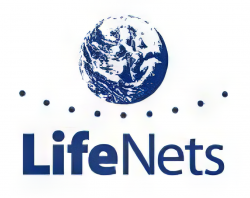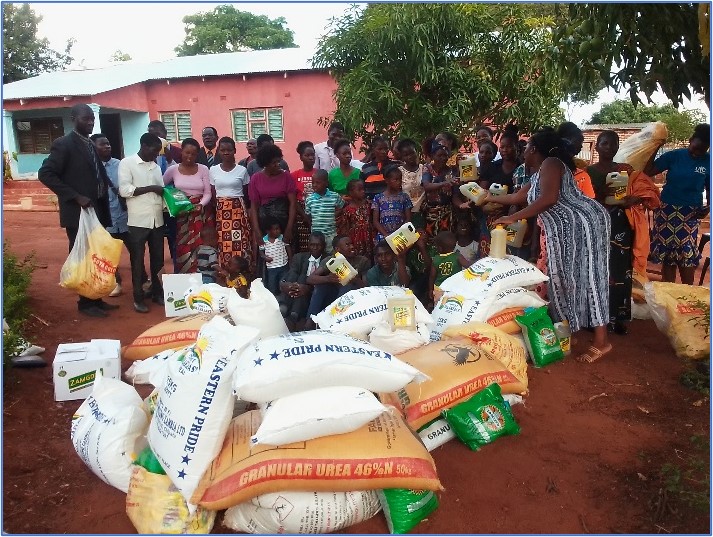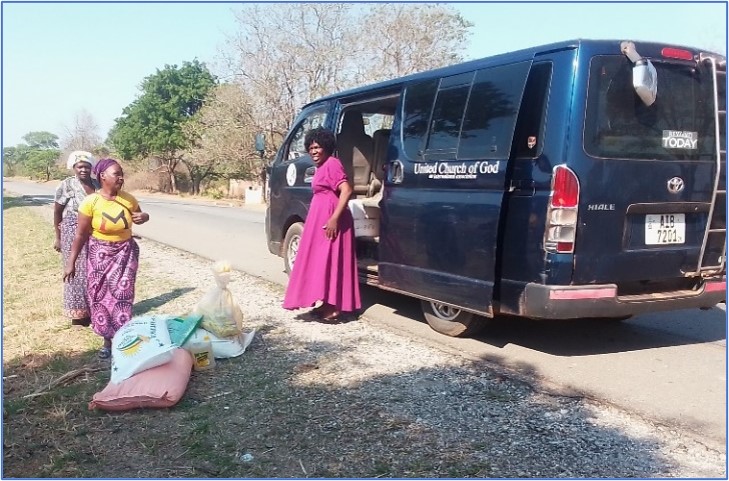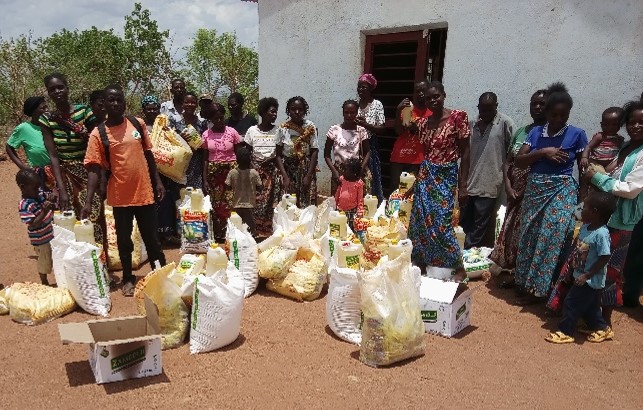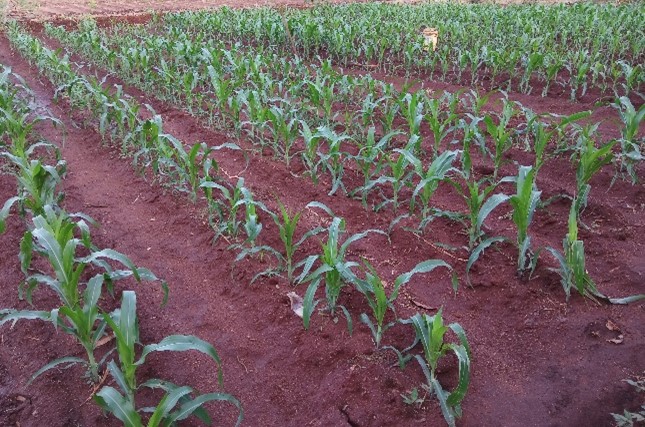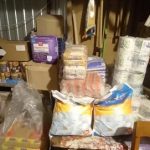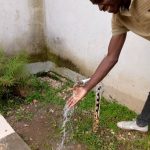December 19, 2024
We are helping 60 beneficiaries in Eastern Zambia with food security who have gone through drought with impending famine. Here was the report from Filius Jere from Chipata about conditions in Eastern Zambia.
LifeNets International has again come to the relief of over sixty poor brethren in the Eastern Province of Zambia. The assistance was necessary because of the hunger situation resulting from the severe drought that affected large areas of Southern Africa during the 2023/2024 farming season. This drought was particularly distressing in the Eastern Province of Zambia whose economy is largely based on agriculture.
In the first place, the drought destroyed last season’s crops for many farmers and very little yield was realized. As a result, people ran out of their food stocks earlier than usual and started to hire out their labor in order for them to get anything to eat. As a result, many have gone into the current farming season with very little or completely nothing to eat. This means that they will spend more time scrounging for food instead of working in their own fields. In the end, this will turn out to be a vicious circle of hunger, poverty and helplessness.
Without doubt, the assistance from LifeNets was a timely intervention that has enabled them to give more attention to their farming during the crucial period of preparing their fields and sowing their seeds. Any later engagements in the fields can be performed safely together with periodical stints of looking for opportunities to hire out their labor for their immediate food needs.
Fifty-seven brethren of the Kauzu Church received Food Hampers comprising one twenty-five-kilogram bag of maize meal, twenty-five packets of soya relish and two and a half liters of vegetable oil. Sixteen households of the Church at Chiwoko, eighty kilometers south of Chipata received the same quantities of assistance while thirty-two households of the Ngilile Church in Petauke also benefitted in a similar manner.
Using the popular estimate of six members per average family, one Food Hamper is enough for an average family for consumption over a period of ten days or more.
However, due to the precarious nature of their situation, many families are likely to stretch their “manna” over three of four weeks by eating only in the evenings when they come back from their fields. This is a normal coping strategy for most people during such periods of dire food scarcity.
This is the most crucial time when the people must put in the most work in their fields in order to get more from their farming at harvest time. More importantly, the assistance will free them from constantly having to break off from their fieldwork to look for survival means.
Unfortunately, during such harsh times, the hand-to-mouth survival makes it very difficult for the people to be able to purchase fertilizer to ensure good yields and resolve the hunger problem the following season. Consequently, this emphasizes the need for immediate input-support in the form of fertilizers.
This was the unvoiced appeal from many faces as they jubilated over the unexpected hunger relief from LifeNets International!
Compiled by:
Filius Jere
Elder, Chipata, Zambia
Monday, December 2, 2024
Current Farming Situation
The rains in Zambia have started falling, albeit in a haphazard manner in many areas while others continue with scanty showers and dry spells. But here is manifested the amazing faith of the simple farmer: in spite of last season’s disappointment and in the face of such a discouraging start of the rainy season, many people have sown their seeds, particularly maize, and have confidence that the Lord will send the rain.
There is good germination in places where there have received scanty rain and people are now hoeing their fields to reduce weed infestation. Very soon they must apply basal fertilizer in readiness for the serious rains that they do not doubt will come.
Regrettably, many of them have failed to purchase this important farming commodity because it has become very expensive and also, they use whatever resources they get to meet their immediate food needs because of the prevailing hunger situation.
It is in view of this that the budget below is being presented to LifeNets International.
“One of the most effective keys for people to get out of the rut of poor harvests is conservation farming or farming God’s way,” says Chosiwe whose personal mission seems to be to get people to abandon traditional farming methods which are destructive to nature and susceptible to the negative effects of climate change.
